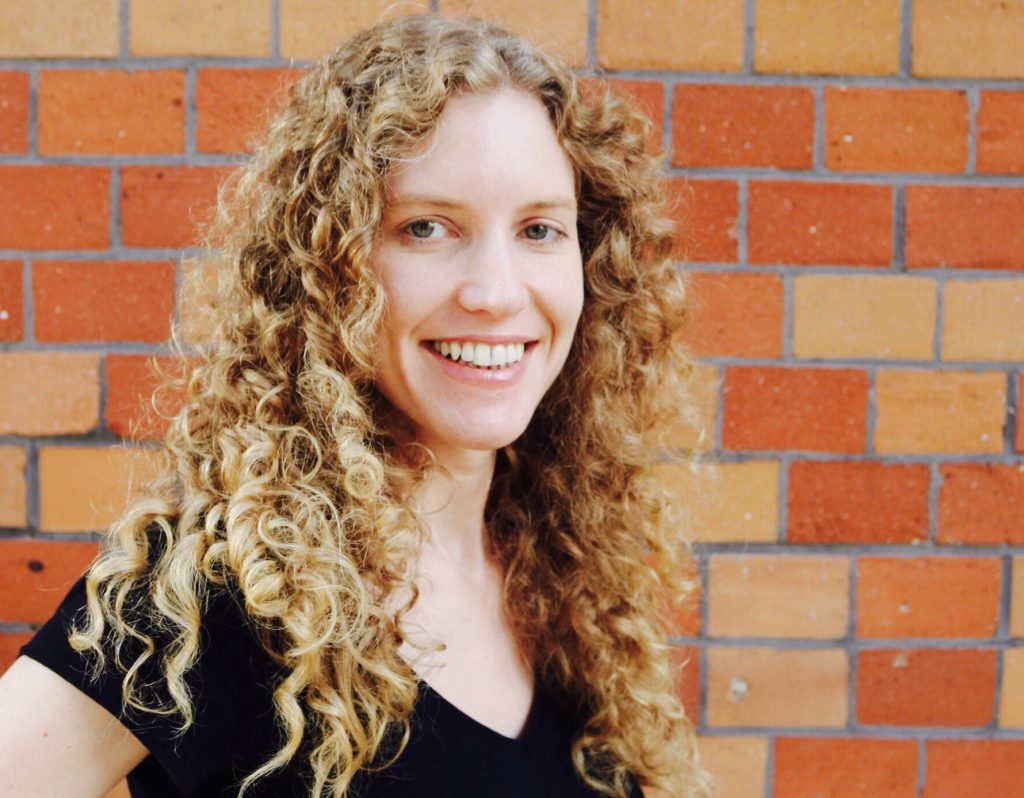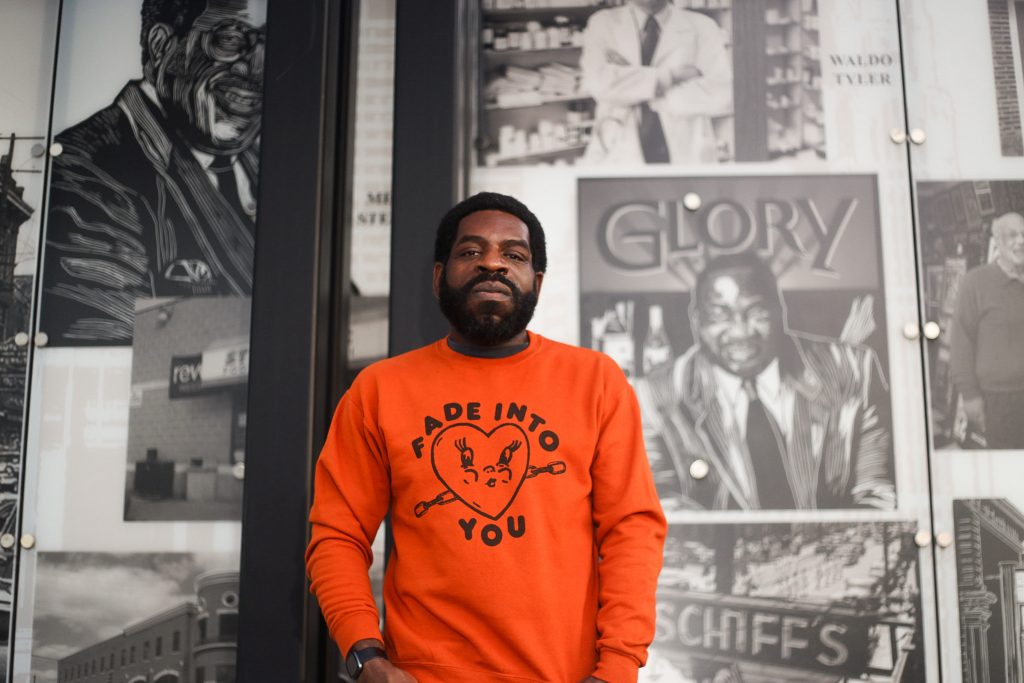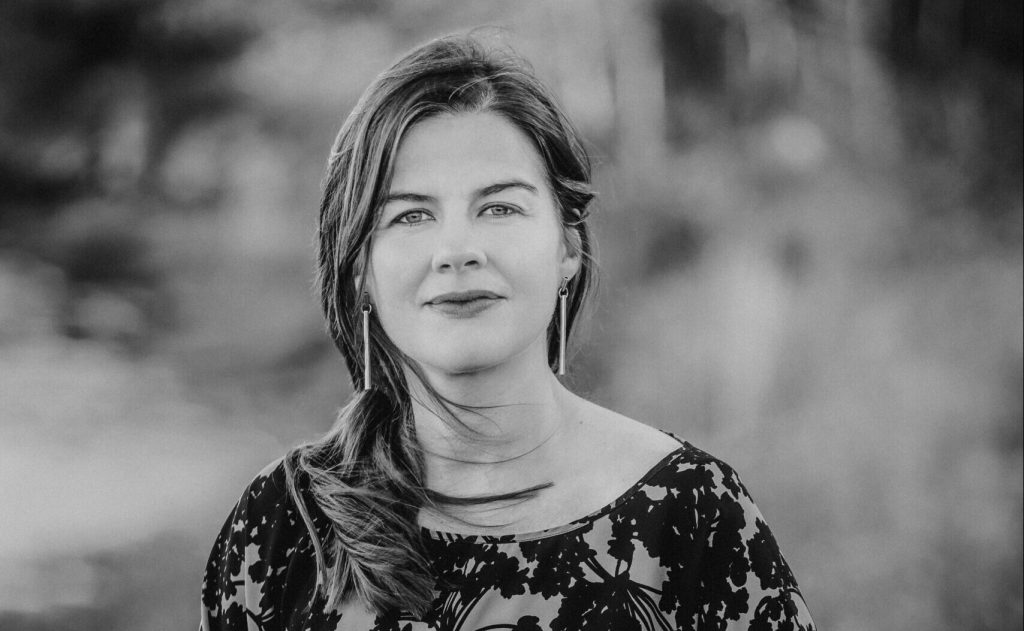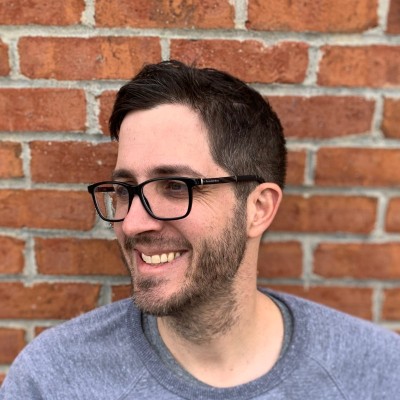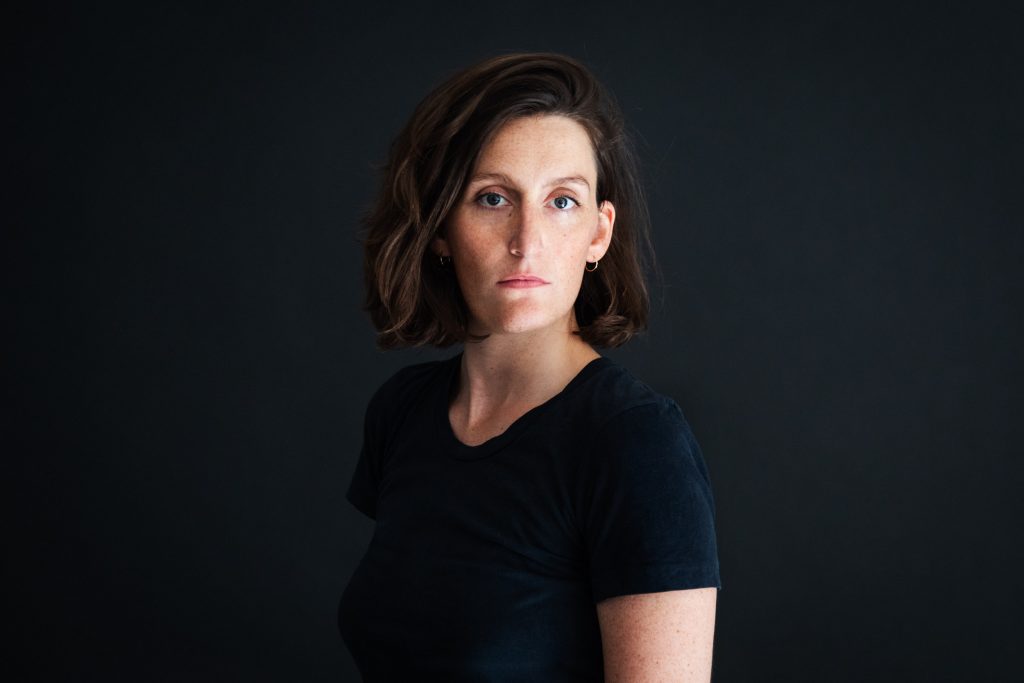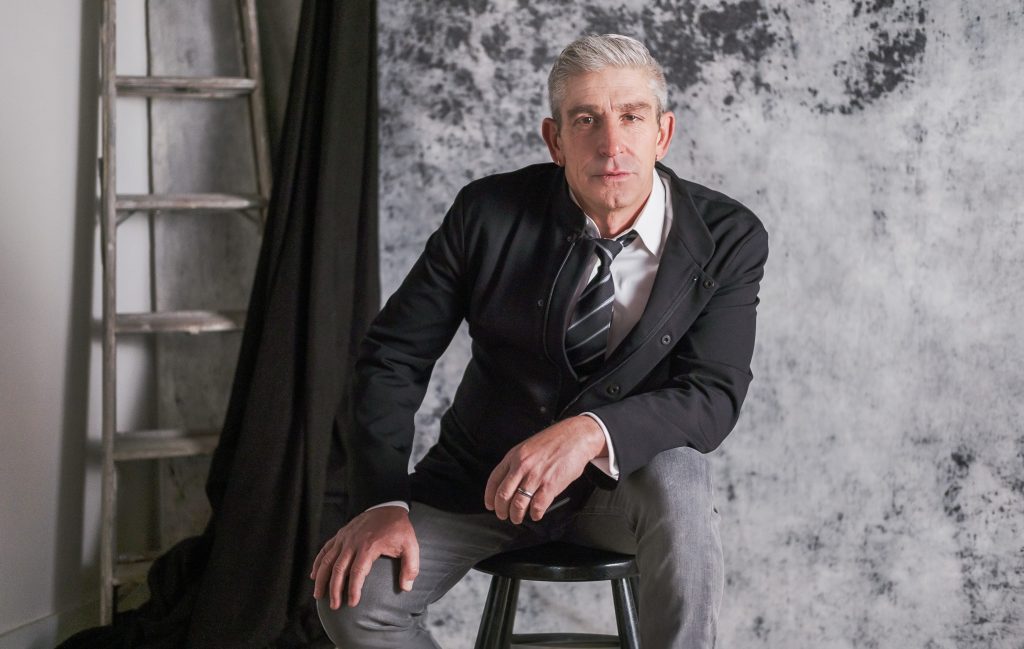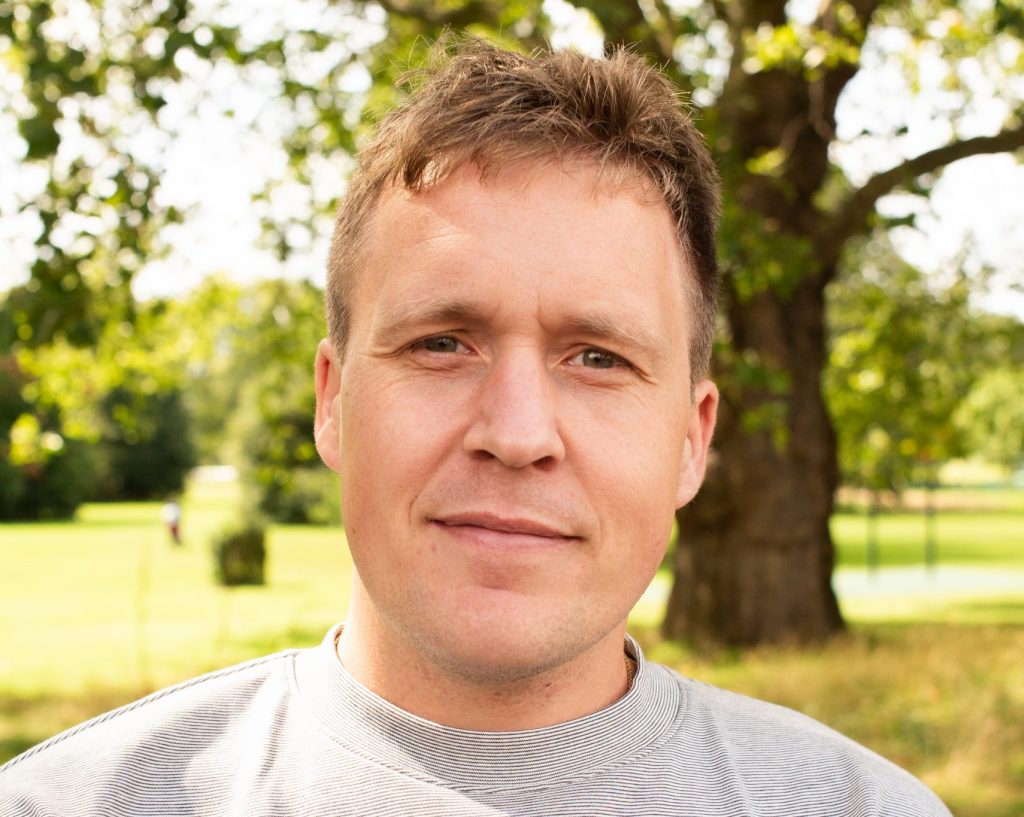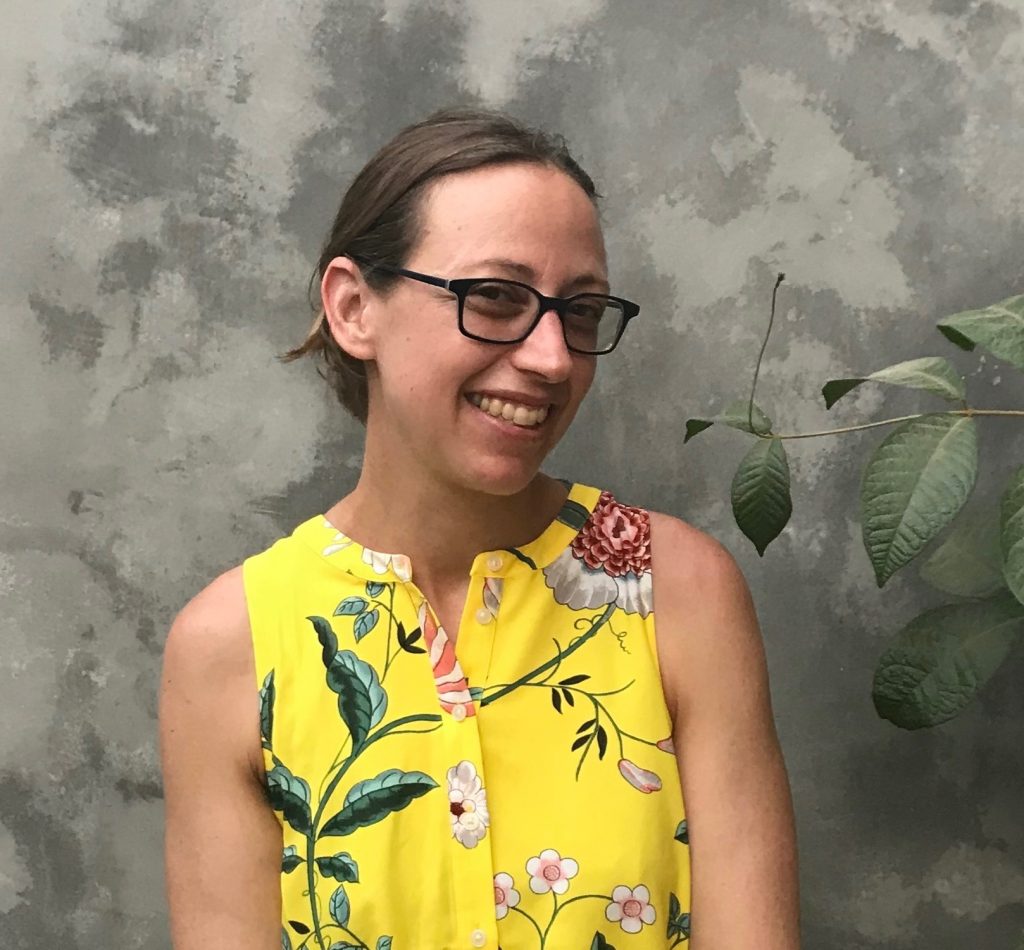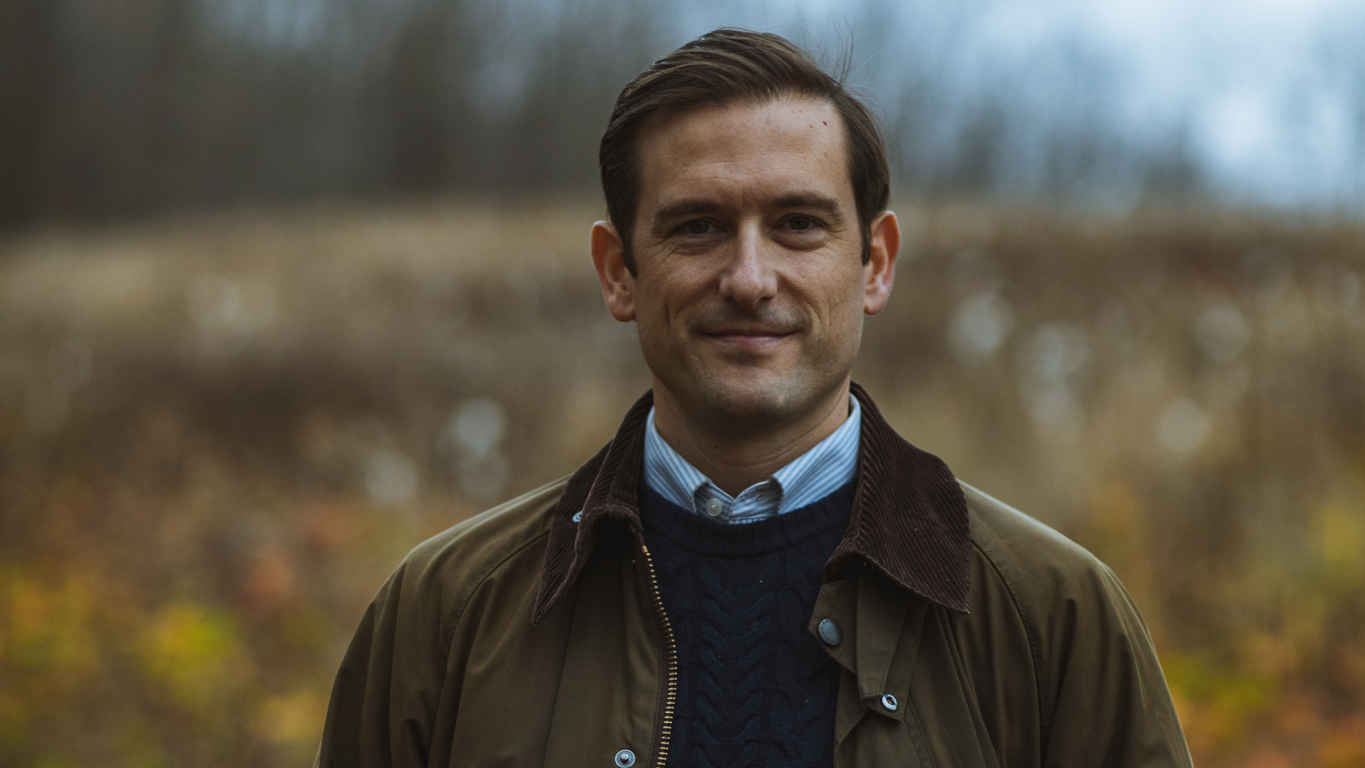
Darrell Hartman (@dwhartman on IG) is a writer and the author of The Battle of Ink and Ice: A Sensational Story of News Barons, North Pole Explorers, and the Making of Modern Media (Viking).
This was Darrell’s first real ambitious project, having written nothing much longer than 3,000 words before. It’s a wonderful book that takes place in the early 20th century but feels incredibly of the moment. People worried about newspaper influence back then the way we worry about social media influence today.
Darrell also talks about when he’s ready to share a work in progress and simplifying the structure when it became evident that the structure was dictating the terms, not the story itself. Really rich stuff.
Continue reading “Episode 406: When to Share a WIP with Darrell Hartman”